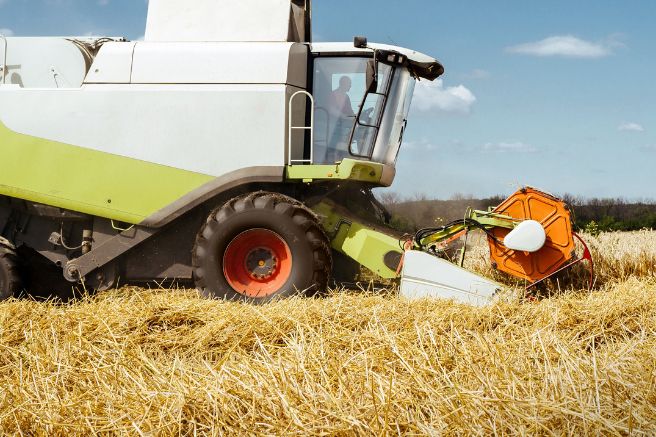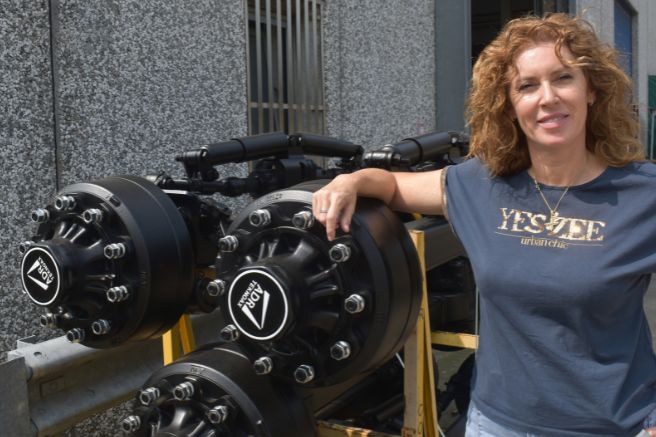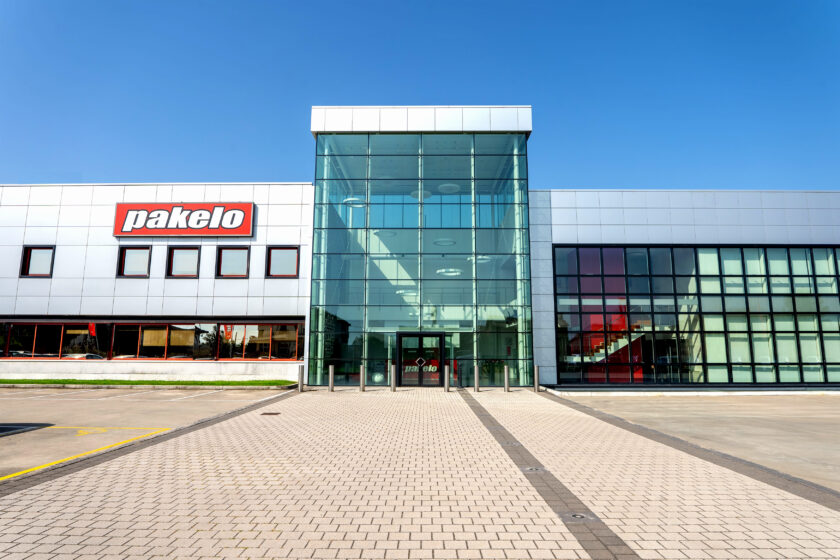
Strange people, the Italians. Almost 69 million individuals ready to celebrate and chant patriotism when the National Football Team wins an international tournament, yet they live as strangers under the same roof in their daily lives without the slightest nationalistic anxiety. Apart from a few productive sectors, primarily automotive, clothing, and high-end food, the average Italian often regards most domestic products as qualitatively inferior to foreign competitors. This mindset has no logical basis and particularly affects the agricultural mechanization sector. In this field, Made in Italy is actually considered a plus more abroad than on native soil, a reality that materializes when companies and operators need to purchase machinery, equipment, accessories, and components. Not only are foreign tractors and equipment preferred, but also service components, tires, and even lubricants. An example in the latter field is the Pakelo brand, known for the quality of its lubricants produced in Italy, where the headquarters, production plant, and one of the most equipped research centers in Europe have been located for over 94 years. “Pakelo,” confirms sales director Roberto Scolaro, “was founded in 1930 when entrepreneur Italo Rino Polacco started selling American oils in the family shop in San Bonifacio, on the outskirts of Verona.”
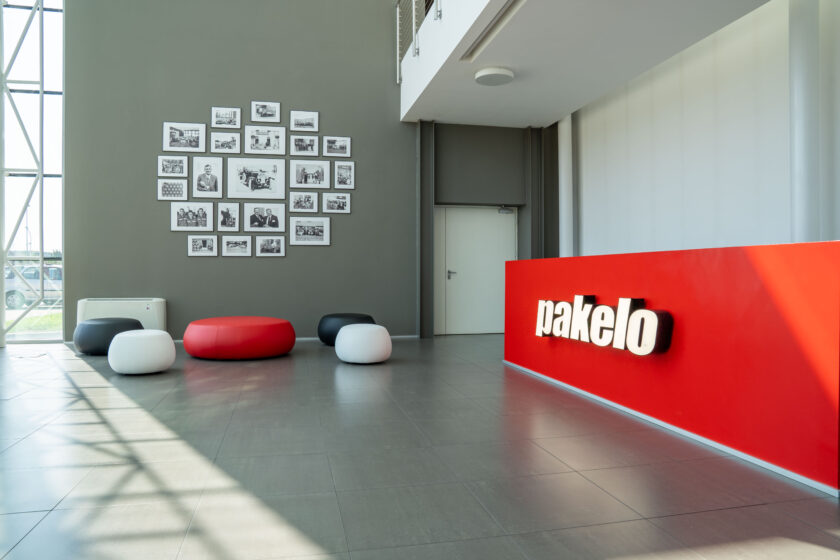
In 1960, Italo Rino Polacco’s children, Elio, Cecilia, and Giuseppe, began producing and directly selling their own range of lubricants, an activity that now constitutes the core business of a company with an international reach and annual revenue exceeding 50.5 million euros. This business volume is supported by the work of over 80 employees. Last July, the Italian fund Alkemia acquired a significant portion of Pakelo, taking over the shares of partners who simultaneously reinvested with a substantial minority stake.
Alberto Polacco has retained his positions as chairman and CEO of the company, which boasts an average annual production of over 10,500 tons of oils and greases, distributed in Italy and more than 40 countries worldwide through a select network of distributors. In Europe, Germany and Spain are notable customers, while outside the Old Continent, China, Malaysia, and the United States are major markets. Pakelo is active in various production sectors, from light and heavy road transport to industry, agriculture, earthmoving, local public transport, and even the food industry. However, the primary focus remains on light and heavy road transport sectors. “Yes,” continues Roberto Scolaro, “while Pakelo has always viewed lubrication as a specialist sector, seeing every oil and grease as designed for a specific application target.”
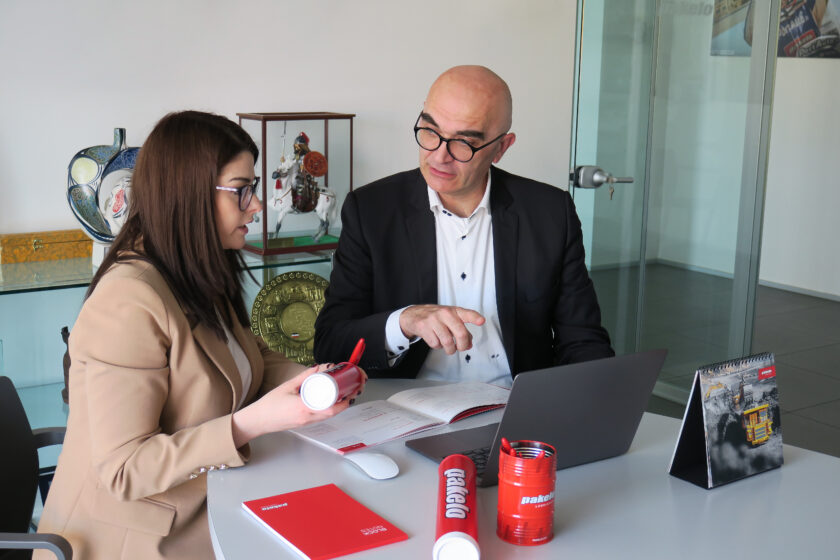
It is true that lubricants intended for transport, industrial, and agricultural machinery represent the main product categories in terms of volume. However, it is equally true that the same design and production care is applied across all other sectors of competence to provide them with specific and high-quality lubricants. For example, engine, hydraulic, and transmission oils are formulated with high-performance synthetic bases for a good 60 percent of the product range, a percentage that rises to 80 percent if considering only engine and transmission oils. Therefore, the product range is highly diversified, and the brand offers specialized solutions for agriculture as well. In summary? “There are many different agricultural oils because the lubrication needs of agricultural machinery have changed over the years. Their population is very broad in all countries, both technologically and in terms of age, so it is necessary to offer the market suitable products for each requirement. Hence, our range includes the latest generation of synthetic and semi-synthetic engine oils with advanced additives to ensure compatibility with new emission reduction systems, alongside mineral engine oils with standard additives for older machinery.
The range also includes mineral and synthetic UTTO, Universal Tractor Transmission Oil, for traditional and CVT transmissions, oils for gearboxes, and a complete line of greases to ensure perfect lubrication even in difficult conditions, characterized by high loads, the presence of water, and high temperatures. Last but not least, there is also a specific range of biodegradable oils, including oils for hydraulic systems, transmissions, and greases.
At present, only biodegradable engine oils are not normally approved by manufacturers. Nonetheless, Pakelo is developing new technologies that not only aim for biodegradability but also for reducing or even neutralizing the carbon footprint of the product’s life cycle.” Therefore, even oil contributes to making a machine more or less environmentally friendly. “Certainly. Lubrication is a cross-sectional sector, a science that plays a key role in supporting the continuous technological evolution of all industries. Correct and effective lubrication ensures better efficiency, reduced friction, lower maintenance needs, and thus better performance and yields. From an energy-saving perspective, this aspect is fundamental.
To fully achieve this goal, Pakelo has also developed a system for analyzing and monitoring lubricants in use, allowing every company or operator to precisely know the wear status of their machinery. This is thanks to the internal research and analysis laboratory, Pakelo Lab, one of the most renowned and experienced in Europe for advanced lubricant monitoring and control. The lab performs preventive diagnostic analyses that can prevent machine downtime and costly extraordinary maintenance, allowing Pakelo to enhance its expertise in line with a constantly evolving sector.”





